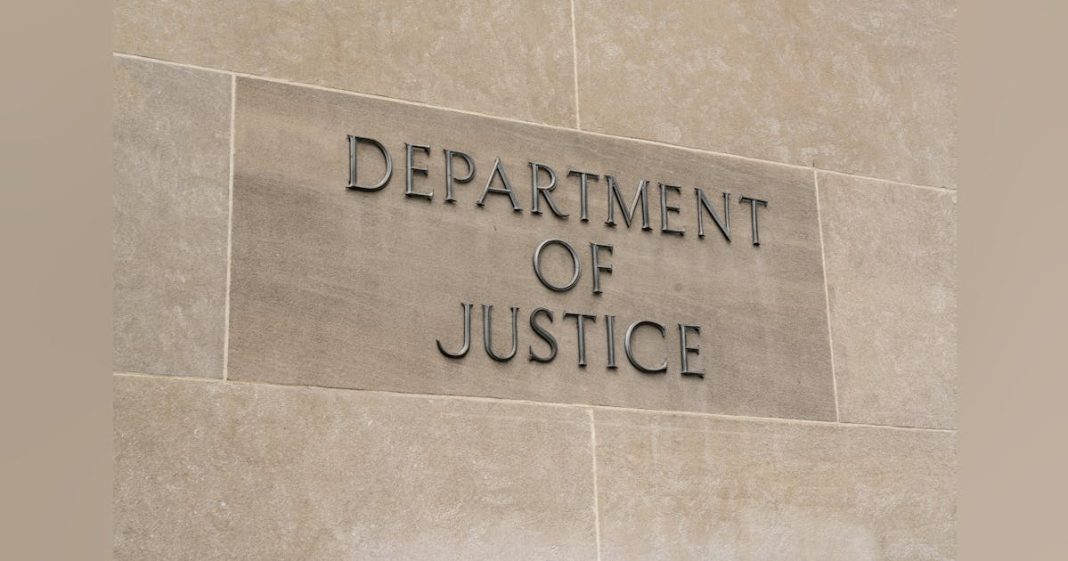On May 9, the U.S. Department of Justice (DOJ) announced a new task force on Health Care Monopolies and Collusion (HCMC) within its Antitrust Division. In a press release, the Justice Department relayed that the “HCMC will guide the division’s enforcement strategy and policy approach in healthcare, including by facilitation policy advocacy, investigations and, where warranted, civil and criminal enforcement in healthcare markets.”
“Every year, Americans spend trillions of dollars on health care, money that is increasingly being gobbled up by a small number of payers, providers, and dominant intermediaries that have consolidated their way to power in communities across the country,” said Assistant Attorney General Jonathan Kanter of the Justice Department’s Antitrust Division in a statement.
The task force, led by antitrust prosecutor Katrina Rouse, “will identify and root out monopolies and collusive practices that increase costs, decrease quality and create single points of failure in the health care industry,” Kanter added.
The announcement followed last month’s launch of HealthyCompetition.gov, a portal that allows the public to report unfair and anticompetitive healthcare practices. The portal is a combined initiative of the Federal Trade Commission (FTC), the DOJ, and Health and Human Services (HHS).
On April 23, the FTC stated that noncompete agreements would be banned nationwide and issued a final rule to promote competition. The new rule drew mixed reactions from the healthcare industry. A recent study in the American Economic Review suggested that the FTC’s lax enforcement of antitrust laws had reduced competition and raised hospital care prices.
Earlier this month, UnitedHealth Group came under fire after a cyberattack on Change Healthcare. Several critics accused the organization of being too large. “UnitedHealth is a monopoly on steroids,” Senator Elizabeth Warren declared on May 1 during a House Energy and Commerce Committee hearing.
According to the DOJ’s press release, “The HCMC will bring together civil and criminal prosecutors, economists, health care industry experts, technologists, data scientists, investigators, and policy advisors from across the division’s Civil, Criminal, Litigation and Policy Programs, and the Expert Analysis Group, to identify and address pressing antitrust problems in health care markets.”







